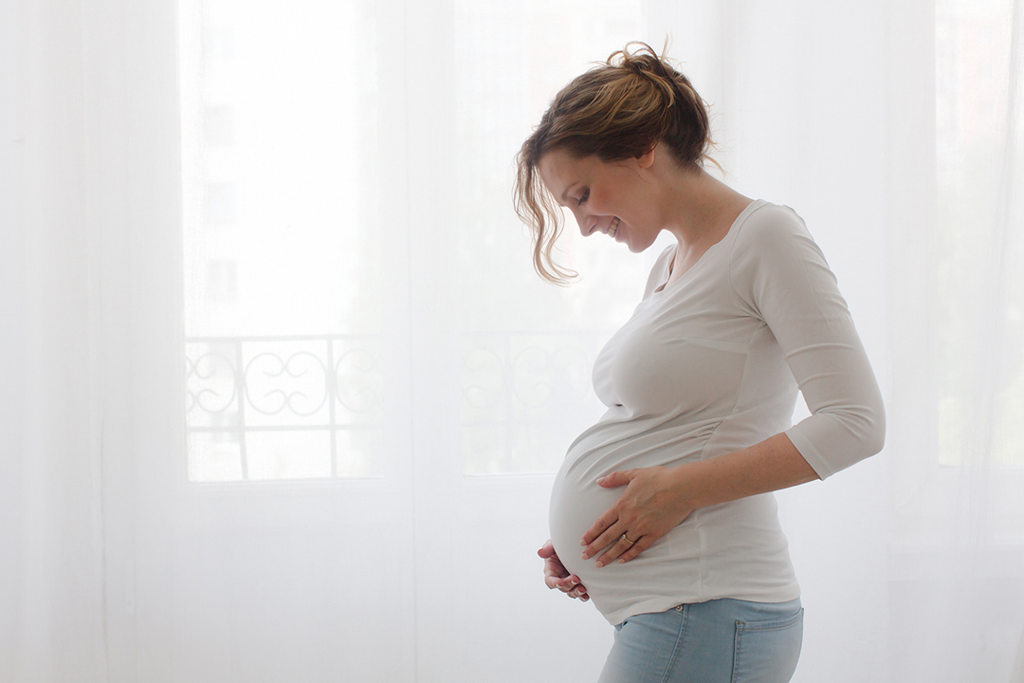
Perinatology
Penn Highlands Perinatology Focuses On A Healthy Delivery
It’s every mother’s hope to deliver a healthy baby. The Penn Highlands Perinatology offers a variety of services to ensure mothers and newborns receive all the help they need.
Perinatology, also known as maternal-fetal medicine, is a subspecialty of obstetrics that focuses on the care of the fetus and complicated, high-risk pregnancies. Physicians who practice maternal-fetal medicine are called perinatologists. They are experts in the obstetrical field about medical, genetic and surgical complications of pregnancy and the effects on both the mother and the unborn baby.
A perinatologist will work with your current care provider to develop a care plan tailored to your personal needs and medical history. That means your current doctor or midwife will continue to provide your care, in addition to the support you receive from a specialist.
To monitor the patients, the office is equipped with ultrasound machines and skilled technologists. The doctor can see if the baby appears healthy, if there are problems with the mother’s uterus or if there is an incorrect due date.
Perinatologists also can perform tests to monitor patients, such as:
- Collecting samples of the placental tissue to check for abnormalities and show genetic problems that might affect the baby.
- Diagnosing disorders by collecting and testing the amniotic fluid that surrounds the baby.
- Conducting a nonstress test or biophysical profile to measure the baby’s heart rate and other behaviors in response to his or her movements. They can detect problems with a baby that might otherwise not be caught until it is too late.
High-Risk Pregnancy Care
The term “high-risk pregnancy” doesn’t automatically spell disaster for an expectant mother. It means there is an increased probability of complications. By diagnosing and addressing conditions that put moms-to-be at high risk, it ensures pregnancy and delivery go as smoothly as possible.
The following are some basic guidelines used to determine whether a pregnancy is high-risk:
- A pregnancy with a known birth defect or genetic condition
- Maternal age of older than 35 or younger than 18
- Infertility or multiple miscarriages
- History of stillbirth
- History of premature labor and delivery
- A pre-existing health condition such as heart disease, a connective tissue disease or an infectious disease that could complicate a pregnancy
- Blood disorders
- Cancer
- Diabetes
- High blood pressure/preeclampsia

Perinatology
Penn Highlands Perinatal Consultants - DuBoisA Service of Penn Highlands DuBois
Penn Highlands Perinatal Consultants - State CollegeA Service of Penn Highlands Huntingdon



